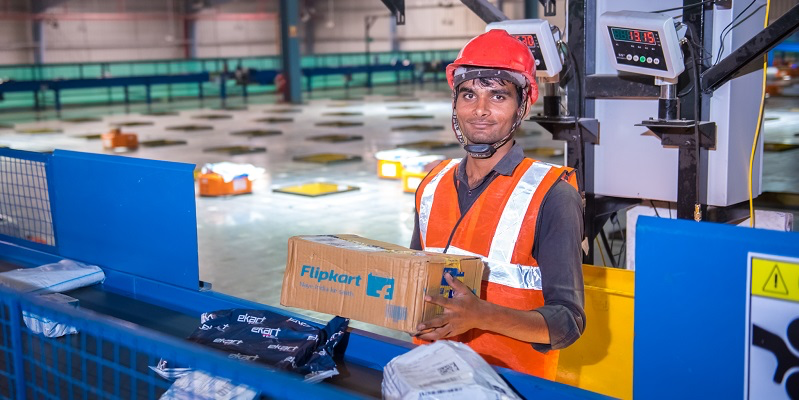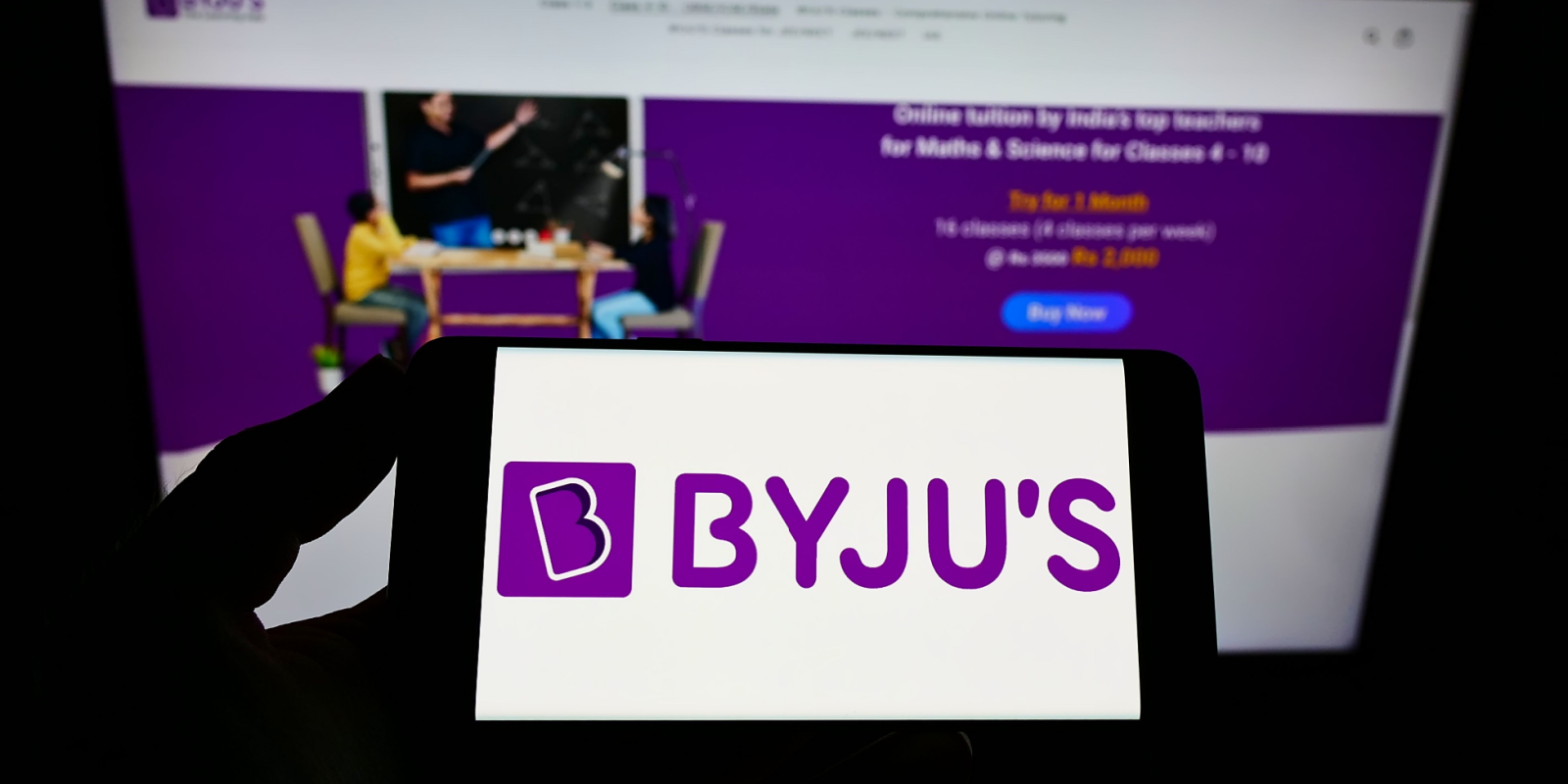How Flipkart’s inclusive workplace policies are empowering the differently-abled
Flipkart’s logistics division, Ekart, has launched an inclusive workplace policy, which not only provides employment opportunities to persons with disability (PwDs), but also offers them a support system.
According to Census 2011, out of India’s 121 crore population, as many as 2.68 crore people have some form of disability or the other. Despite 55 percent of this differently abled population being literate, less than 36 percent is employed.
A 2007 World Bank report, People with Disabilities in India: From Commitments to Outcomes, states that the employment rate of the differently-abled has fallen from 42.7 percent in 1991 to 37.6 percent in 2002.
1566392871934.png?fm=png&auto=format)
Less than 36 percent of India's differently abled population stands employed. Image Credit: Shutterstock
More often than not, disability is associated with incapacity, inadequacy, negative imagery, and stereotypes. As a result, companies deny employment to persons with disability (PwDs), making it tough for them to break out of the clutches of poverty. To add to this, organisations are devoid of inclusive workplace initiatives and sensitisation programmes.
But, Flipkart is driving a change. Ekart, the logistics arm of India’s leading ecommerce firm, launched a distinct programme for PwDs - the eDAB (Ekartians with Different Abilities) - in 2017.
1566393010363.png?fm=png&auto=format)
Nandeesha C, who suffers from hearing and speech impairment, works at Flipkart's logistics division.
At present, Flipkart has over 300 differently abled employees as part of this programme across the supply chain, including sorters, pickers, packers, and delivery executives.
“This was our attempt in providing an equal platform for the differently abled and, at the same time, challenge stereotypes surrounding their special needs. The initiative has been widely welcomed by customers and other stakeholders, and Flipkart aims to keep this endeavour going,” Amitesh Jha, Senior Vice-President of Ekart, tells SocialStory.
The eDAB programme
Renowned American entrepreneur and author Eric Ries once said, “Meritocracy is a good thing. Whenever possibly, people should be judged based on their work and results, not superficial qualities.”
This view was central to Flipkart’s eDAB’s pilot. Initially, the team spent three months to understand the existing gaps and the kind of training that would be needed to fill them. After the pilot’s success, the organisation decided to adopt it as part of its permanent HR policy.
1566393674881.png?fm=png&auto=format)
Flipkart has also introduced sensitivity programmes for all employees to ensure that PwDs are treated as equal.
“The policy is drafted and designed to include comprehensive induction programmes for PwD hires, and classroom and on-the-job training sessions in collaboration with sign language interpreters and local NGOs. Besides, when it comes to last-mile delivery executives, Flipkart provides badges and flashcards to help those who have a hearing impairment to communicate with ease. And, in order to ensure the safety of PwDs, the firm has mandated an emergency feature on their smartphones,” Amitesh says.
In India, PwDs often face a lot of stigma and misconceptions. To address this, Flipkart has also introduced sensitivity programmes for all employees to ensure that PwDs are treated as equal.
A step towards inclusivity
Amarendra D has been suffering from speech and hearing impairment since birth. Despite being fully qualified, he was unable to find a job for a long time.
“My father had a lot of debts and I really wanted to support him in clearing them. Most of the companies I applied to rejected my offer on the grounds of my disability. Finally, Flipkart gave me a chance to work in their logistics wing. Now, my aim is to learn as much as I can and become a team lead in the near future,” Amarendra says.
Flipkart’s initiative is an attempt to break the stigmas surrounding PwDs. By integrating the differently-abled community into the workforce, the ecommerce company is not only empowering them, but also setting aside discrimination and negative attitudes associated with disabilities.
1566393925783.png?fm=png&auto=format)
Just like Flipkart, many other firms have started promoting an inclusive work culture. Image Credit: Shutterstock
Similarly, other firms like Vishal Mega Mart, Landmark, and Café Coffee Day have also started making conscious efforts to promote an inclusive workplace by employing people with disabilities and offering them a support system.
“This is just the start to our journey towards building an inclusive workplace. There is a lot more in the offing. Both the startup ecosystem as well as the corporate setup in India need to get together to achieve inclusivity. Collective efforts are the key,” Amitesh says.
(Edited by Saheli Sen Gupta)












![[Funding alert] Healthcare-focused VC firm HealthQuad raises Rs 514 Cr for its second fund](https://images.yourstory.com/cs/2/b87effd06a6611e9ad333f8a4777438f/Image6jb5-1594631569288.jpg)